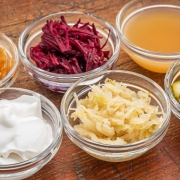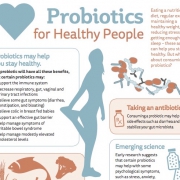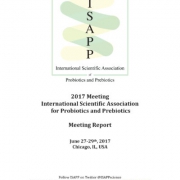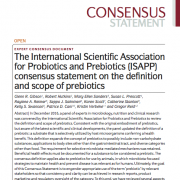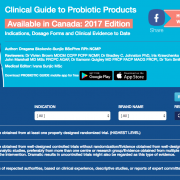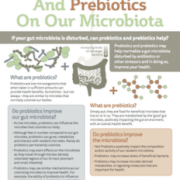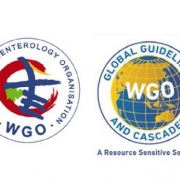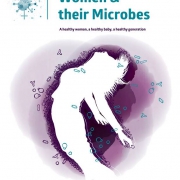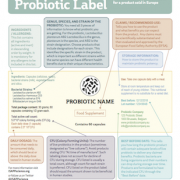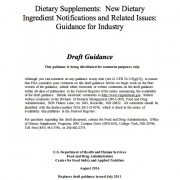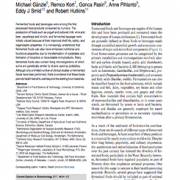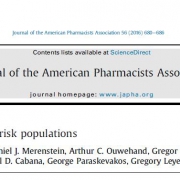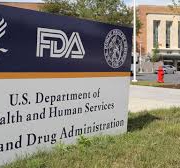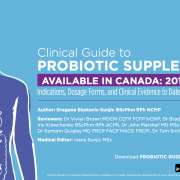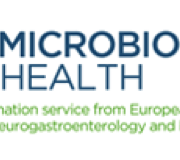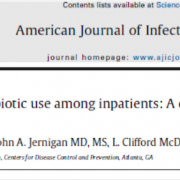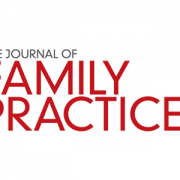ISAPP Digs Deeper into Evidence on Probiotics for Colic with New Meta-Analysis
January 3, 2018.
Evidence exists for gut microbiota differences between infants with and without colic, with one probiotic strain of particular interest therapeutically for colicky infants: Lactobacillus reuteri DSM17938. Discussion groups convened at the 2014 and 2016 ISAPP meetings, both led by Prof. Michael Cabana MD MPH of University of California, San Francisco, and member of ISAPP’s board of directors, focused on the existing randomized, controlled trials and how they might inform medical recommendations.
The discussion group at the 2014 ISAPP meeting in Aberdeen Scotland resulted in a paper describing the individual patient data meta-analysis (IPDMA) protocol, which was published in BMJ Open. The 2016 ISAPP meeting in Turku Finland culminated in the publication of this IPDMA in the journal Pediatrics: Lactobacillus reuteri to treat infant colic: a meta-analysis. Dr. Valerie Sung, Royal Children’s Hospital, The University of Melbourne and Murdoch Children’s Research Institute, was lead author of this paper, whose coauthors included a team of 11 other experts spanning three continents.
This high quality meta-analysis used individual patient data rather than group means to get a more accurate picture of the efficacy of the probiotic. The paper concluded that L. reuteri DSM17938 is effective and can be recommended for breastfed infants with colic. However, data are lacking for efficacy in formula-fed infants.
“Any single randomized clinical trial involves a great deal of time and resources from investigators, institutions and most importantly, patients. By working together, our team was able to combine data to learn more about the effects of L. reuteri DSM 17983 on the treatment of infant colic. This analysis is a great example of the power of close international collaboration by clinical investigators.”
Related:
Probiotics for Colic—Is the Gut Responsible for Infant Crying After All? (Open access through Jan 10, 2018)


